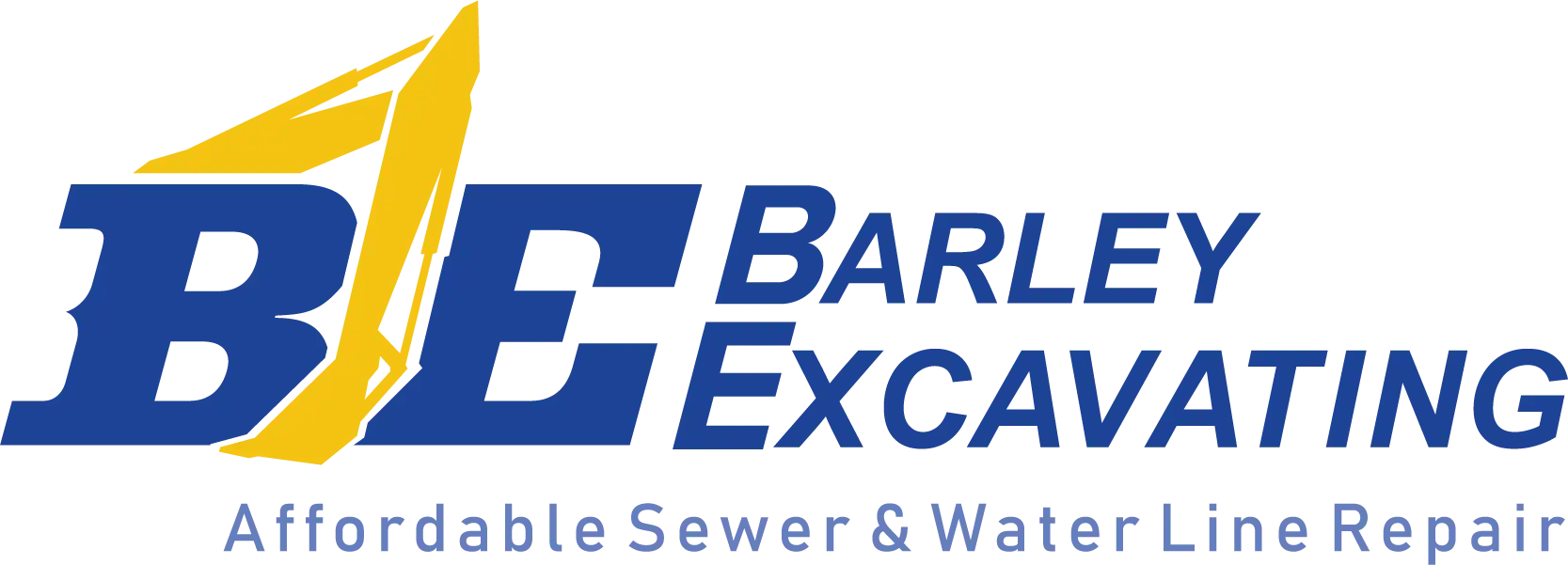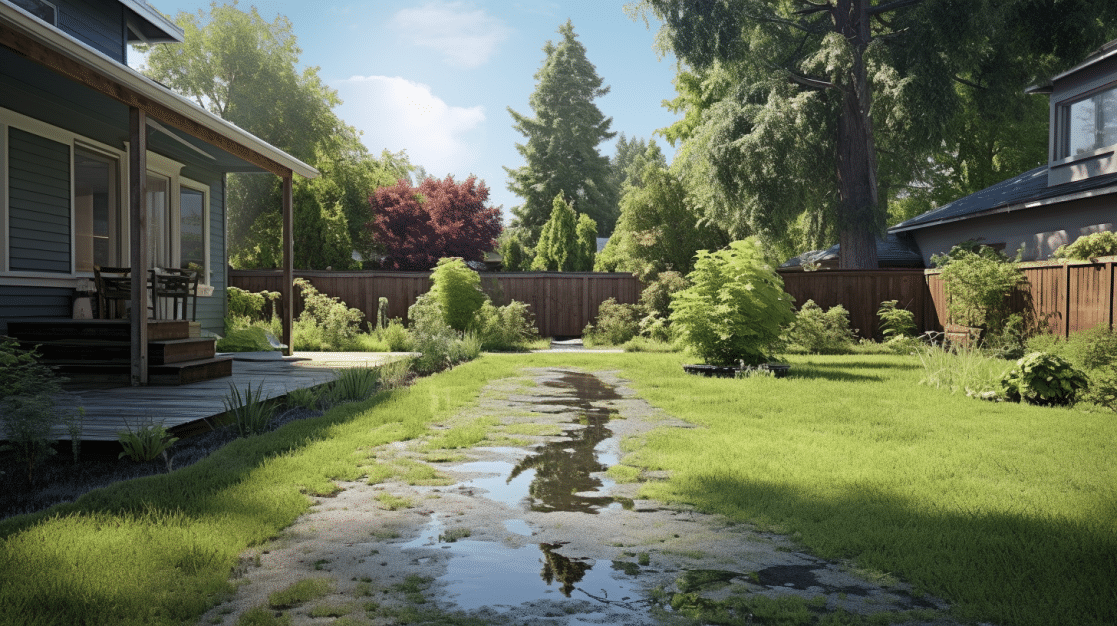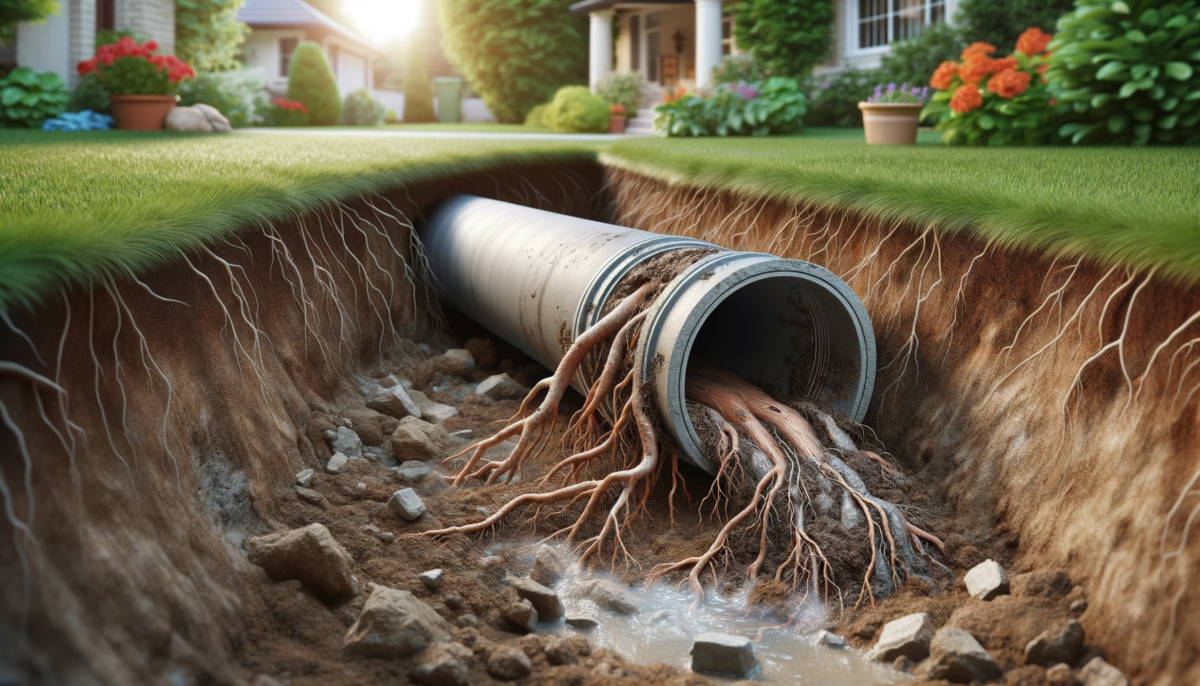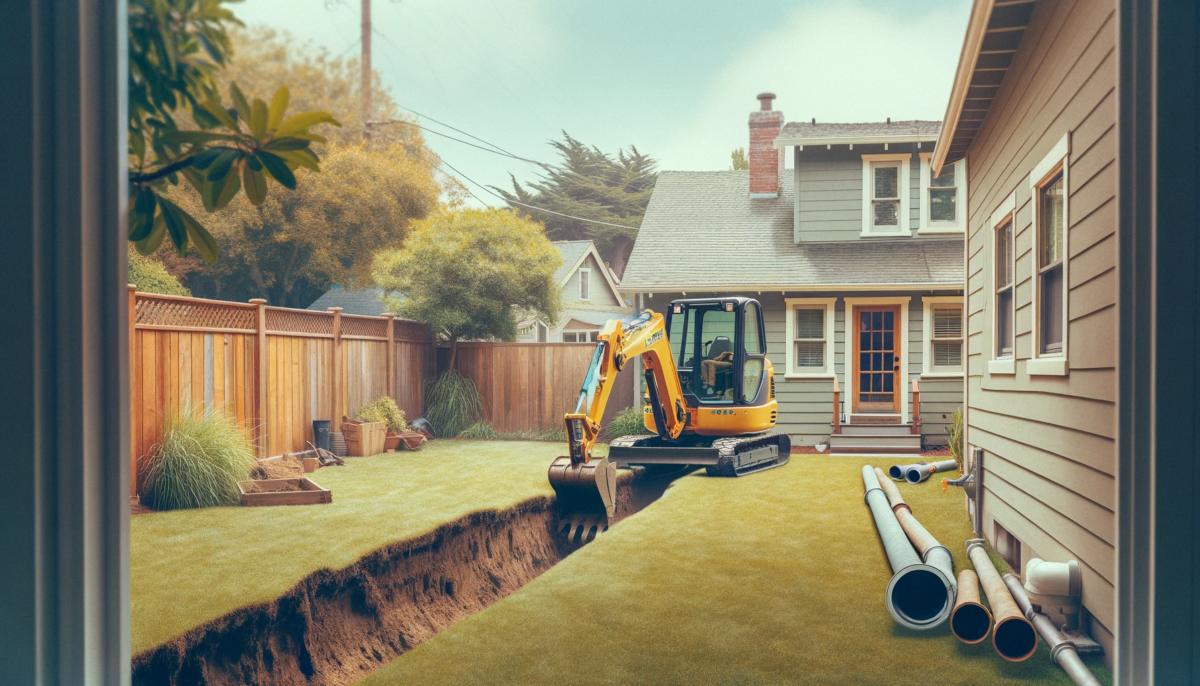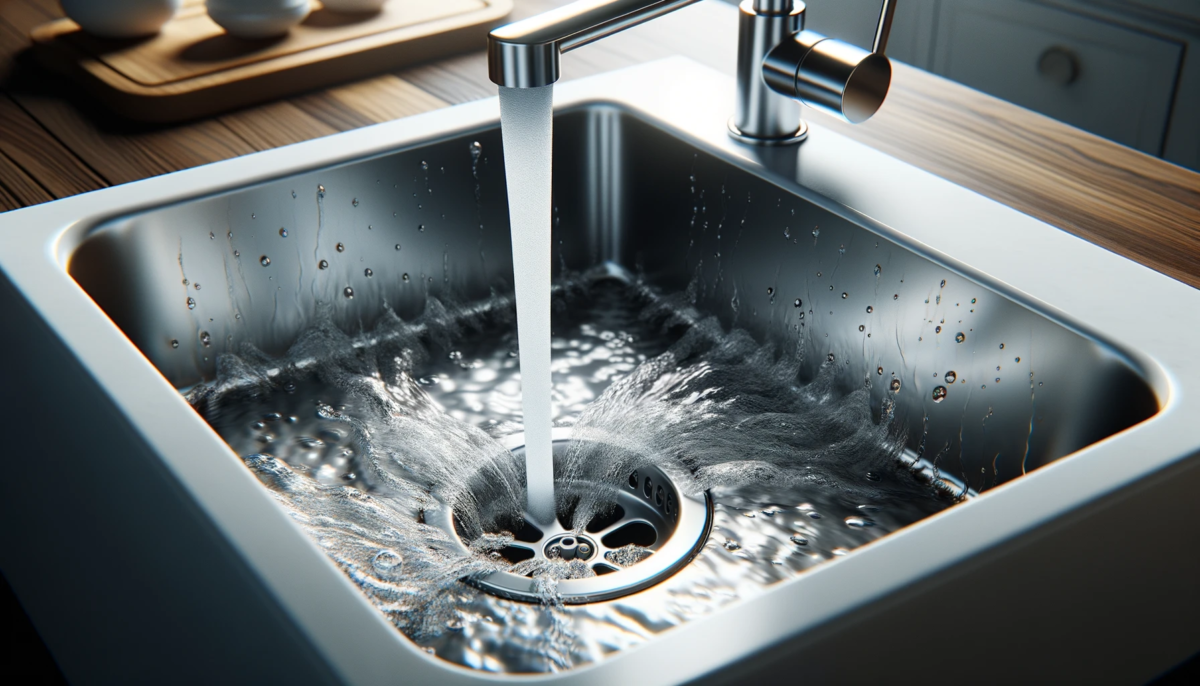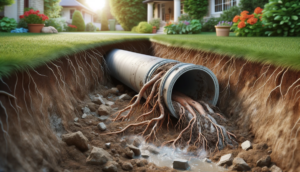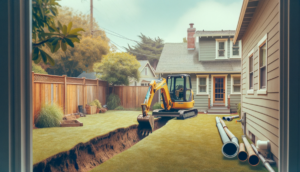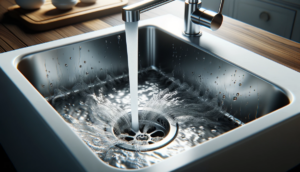Water is a vital part of our daily lives. It’s essential for drinking, cooking, cleaning, and so much more. However, when the very system that supplies this necessity—your water line—starts to falter, it can lead to significant issues for your home and your wallet. A leaking water line isn’t just an inconvenience; it’s a potential hazard. This article will delve into the telltale signs of a water line leak and the importance of early detection.
1. Unexplained Increases in Water Bill
If your monthly water bill suddenly shoots up without any drastic changes in your usage, this could be an indicator of a leak in your water line. Leaks can cause thousands of gallons of water wastage, which not only strains the environment but also your pocket.
2. Wet Spots in Your Yard
Noticing soggy or wet spots in your yard, especially during dry spells? This can be a sign of a water leak underground. Such wet spots can damage your lawn and landscaping, leading to more expenses down the line.
3. Decreased Water Pressure
Experiencing a drop in water pressure? While there can be various reasons, a leak in the main water line could be a major culprit. This is especially true if the decrease is sudden and unexplained.
4. Discolored Water
When you turn on the tap and the water appears cloudy or has a brownish hue, it may indicate rust from a leaking pipe. This is not only unsightly but can also be a health concern.
5. Sounds of Running Water
If you hear the sound of running water when no faucets are on, it might be an indication of a water line leak. These sounds can often be heard on walls or floors and should be investigated promptly.
6. Cracks in Your Foundation
While less common, a severe water line leak can lead to moisture seeping into your home’s foundation, causing cracks. If you observe such cracks coupled with any of the above signs, it’s time to call in the experts.
What to Do Next?
If you’ve noticed any of the above signs or have other reasons to believe there’s a leak in your water line, don’t hesitate. Time is of the essence. Contact the professionals at Barley Excavating at 618.781.0299. With a reputation built on trust and quality work, their water line repair services ensure you get a long-lasting solution.
Why Choose Barley Excavating?
At Barley Excavating, we prioritize our clients’ needs. With a rich history, and numerous satisfied client testimonials, we stand as a trusted name in the industry. Moreover, our commitment to educating our clients is evident in articles like The Essentials of Sewer Line Maintenance and Signs of a Damaged Sewer Line. Stay informed and ensure a safe and efficient water supply for your home with our expert advice and services.
Water issues can be overwhelming, but you don’t have to tackle them alone. If you suspect a leak in your water line or need any related services, reach out to us at 618.781.0299 or visit our contact page to get in touch.
